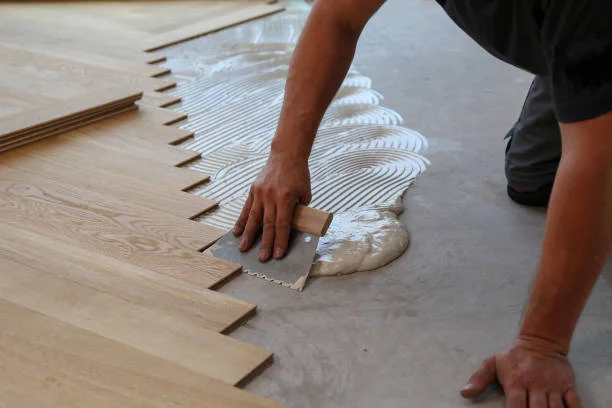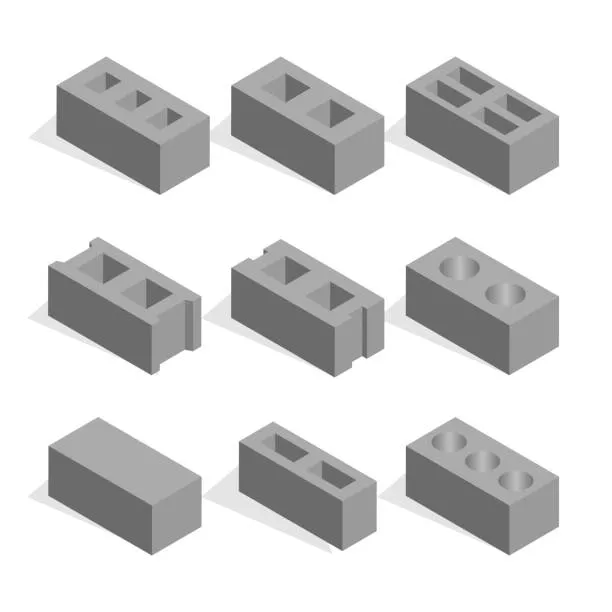Why Over-Site Concrete Or German Flooring Is Very Important
Why is over-site concrete or German flooring very important for buildings?
Experience is the best teacher, they say, but someone who has experienced living in a building without over-site concrete or German flooring, would definitely advise you against it.
This is because the absence of over-site concrete or German flooring leads to mould or swelling around the wall areas of the building, tiles cracking and caving down into the floors with obvious gaps in the joints as well as feelings of voids under the floor when walking within the building.
In this article, we will go over the importance of over-site concrete or German flooring and explain why they should not be excluded from construction processes.
Table of Contents
What Is Over-site Concrete Or German Flooring?
Over-site concrete or German flooring is simply a layer of mass concrete laid after filling. It is another cost-effective element installed when your structure is at the DPC (Damp Proof Course). It is made with a mixture of coarse and fine aggregates and cement along with water in the right proportion.
Materials Used For Over-Site Concrete Or German Flooring
What materials are used for over-site concrete or German flooring?
1. Cement (Binder)
2. Water
3. Granite (Coarse Aggregate)
4. Sharp Sand (Fine Aggregate)
5. Boulders (Crushed stone)
Can I Build Without Over-Site Concrete Or German Flooring?
Of course, you can build without over-site concrete or German flooring, however, you may end up spending more than you would have spent to repair damages than the initial cost of implementing it in the early building process.
Is It Expensive To Lay An Over-Site Concrete?
Yes, it is. This is because the essential materials; sand, cement and granite are quite expensive but this should not discourage you from laying it, particularly if the building is in a water-logged area. Check out our piece on the current cost of German flooring foundations in Nigeria for more information on that.
Do I Need Over-Site Concrete Even When My Site Is Located On A Firm Soil
Yes, you do. This is because there is a kind of settlement done below the ground at the filling stage. Also, the nonexistence of over-site concrete can lead to the floor caving. This is because water from the bathroom percolates into the tiny holes in the walls and ground thus weakening the structure and can endanger the walls and stability of the structure.

Importance Of Over-Site Concrete Or German Flooring?
Over-site concrete (German flooring) has a wide range of importance. They include:
1. It ensures your structure stands evenly. That is, it helps to ensure the floor levels are equal.
2. Over-site concrete helps prevent cracks in the wall from damaging the foundation of the building. When such cracks actually emanate from the foundation, the German flooring stops it from extending to the superstructure.
3. Oversite also helps protect the building by transferring the forces of the soil when there is earth movement due to settlement to other parts of the building which prevents the collapsing of the building.
4. Over-site Concrete helps to distribute live and dead load from the beams, columns and foundation, thus making the building stable.
5. It also serves as an absorber for earth tremors and vibrations.
6. It stops water from the bathrooms from percolating below the foundation which could lead to weaker floors.
7. Dampness ruins the beauty of a building as well as the paintwork thus leading to spending more money on maintaining the building. German flooring cuts off capillary action that would enable water to move up the walls and cause moulds and dampness.
In conclusion, with the points stated above, you are actually doing your foundation more good than harm when you have a German floor or over-site concrete installed.
Frequently Asked Questions (FAQs)
1. What is the purpose of oversite concrete?
The layer of concrete oversite will serve as a reasonably effective barrier to damp rising from the ground by absorbing some moisture from below. The moisture retained in the concrete will tend to make solid floor finishes cold underfoot and may adversely affect timber floor finishes.
2. Why is concrete an important building material?
Concrete is used to provide strength, durability, and versatility during the construction of a structure. These excellent properties have made concrete a reliable and long-lasting choice for builders.
3. What is the strongest part of concrete?
Concrete is made from a mixture of cement, gravel and sand. The way that these ingredients are mixed together affects the strength of the concrete. Cement is the most important ingredient because it makes the concrete hard and elastic. Gravel helps to bind the concrete together and keep it from cracking.
4. What weakens concrete strength?
Optimal mixing time is important for strength. Strength tends to increase, with mixing time, up to a point. However, over-mixing causes excess water evaporation and the formation of fine particles within the mix. This weakens the concrete and makes it harder to work with.


![Top Construction Companies in Abuja ([year]) Construction Companies in Abuja](https://eucarlrealty.com/wp-content/uploads/2023/07/Construction-Companies-in-Abuja-768x512.jpg)